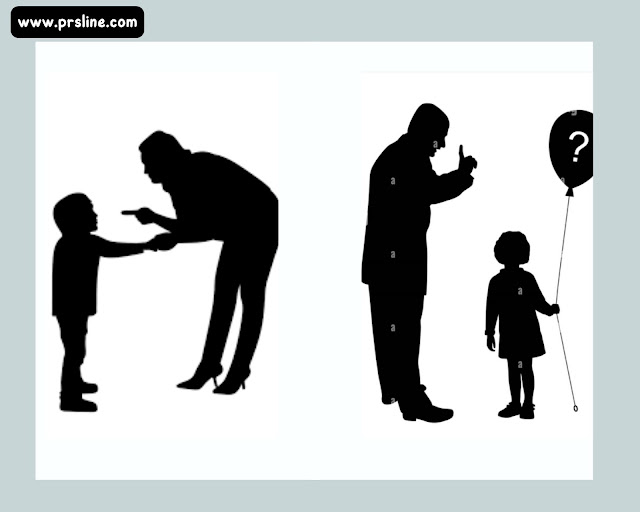How and When to Discipline Your Child in a Smart and Healthy Way? Learn how to discipline your child in a smart and healthy way with our comprehensive guide. Discover the importance of consistency, positive reinforcement, and communication in promoting good behavior and positive self-esteem.
How and When to Discipline Your Child in a Smart and Healthy Way?
Disciplining your child is an essential part of parenting, but it can be challenging to do so in a way that is both effective and healthy. Many parents struggle to find the right balance between being firm and being supportive. However, with the right approach, it is possible to discipline your child in a smart and healthy way that promotes good behavior, character development, and positive self-esteem. In this article, we will explore the different methods of child discipline, discuss when and how to use them, and offer tips and insights to help you find the best approach for your child.
1- Introduction to Child Discipline:
Child discipline refers to the methods used by parents or caregivers to guide and correct a child's behaviour. It is an essential aspect of parenting and plays a crucial role in promoting healthy child development.
2- Understanding Your Child's Behavior:
To effectively discipline your child, it is essential to understand why they behave the way they do. Different behaviors may be due to various factors, such as age, developmental stage, and personality. Understanding your child's behavior will help you tailor your discipline methods to their specific needs.
3- The Importance of Consistency in Discipline:
Consistency is crucial in child discipline. Children thrive on routine and predictability, and consistent discipline helps establish clear boundaries and expectations. When rules and consequences are consistently applied, children learn to understand and modify their behaviour.
4- Different Methods of Child Discipline:
There are several methods of child discipline, including positive reinforcement, timeouts, natural consequences, and logical consequences. It is essential to find the method that works best for your child and family, as well as aligns with your values and parenting style.
5- When to Discipline Your Child:
Disciplining your child should only be done when necessary and appropriate. It is not always necessary to discipline for every misbehavior, and sometimes, redirection or positive reinforcement may be more effective. It is essential to consider the situation and the child's age and developmental stage before disciplining.
6- Understanding the consequences of discipline:
The consequences of discipline should be age-appropriate and relevant to the misbehavior. Consequences should be consistent and predictable and should aim to teach the child a valuable lesson, rather than just being punitive.
7- Using Positive Reinforcement:
Positive reinforcement is an excellent method of discipline that focuses on rewarding good behaviour. This method reinforces desired behavior and encourages the child to repeat it. It is essential to be specific about what behavior is being reinforced and to provide immediate and meaningful reinforcement.
8- Setting Limits and Boundaries:
Setting clear boundaries and boundaries is an essential aspect of child discipline. Children need to know what behavior is acceptable and what is not. Setting boundaries and limits help to promote a sense of security and stability in the child and can also improve behavior.
9- Building a Strong Parent-Child Relationship:
A strong parent-child relationship is crucial for effective discipline. Children are more likely to respond positively to discipline when they feel secure and connected to their parents. Building a strong relationship involves spending quality time with your child, being attentive and responsive to their needs, and fostering open and honest communication.
10- The Importance of Communication and Empathy:
Effective communication and empathy are critical in child discipline. It is essential to listen to your child and understand their perspective. This helps to build trust and a sense of connection, making discipline more effective. Empathy also allows you to understand the reasons behind your child's behavior and respond in a way that is supportive and constructive.
Conclusion:
disciplining your child is a critical part of parenting, and it can be done in a smart and healthy way. By taking the time to understand your child's behavior, setting clear boundaries and boundaries, and using positive reinforcement, you can help your child develop good habits and build a strong, supportive relationship. Additionally, by being consistent in your approach, communicating effectively, and demonstrating empathy, you can foster a positive, healthy environment for your child to thrive in.



